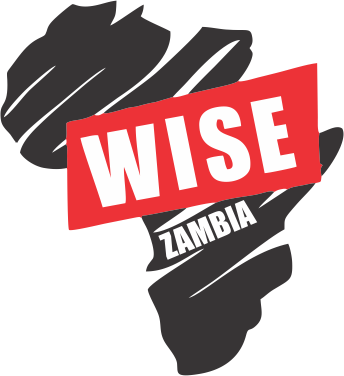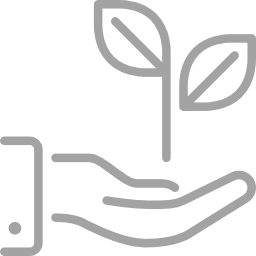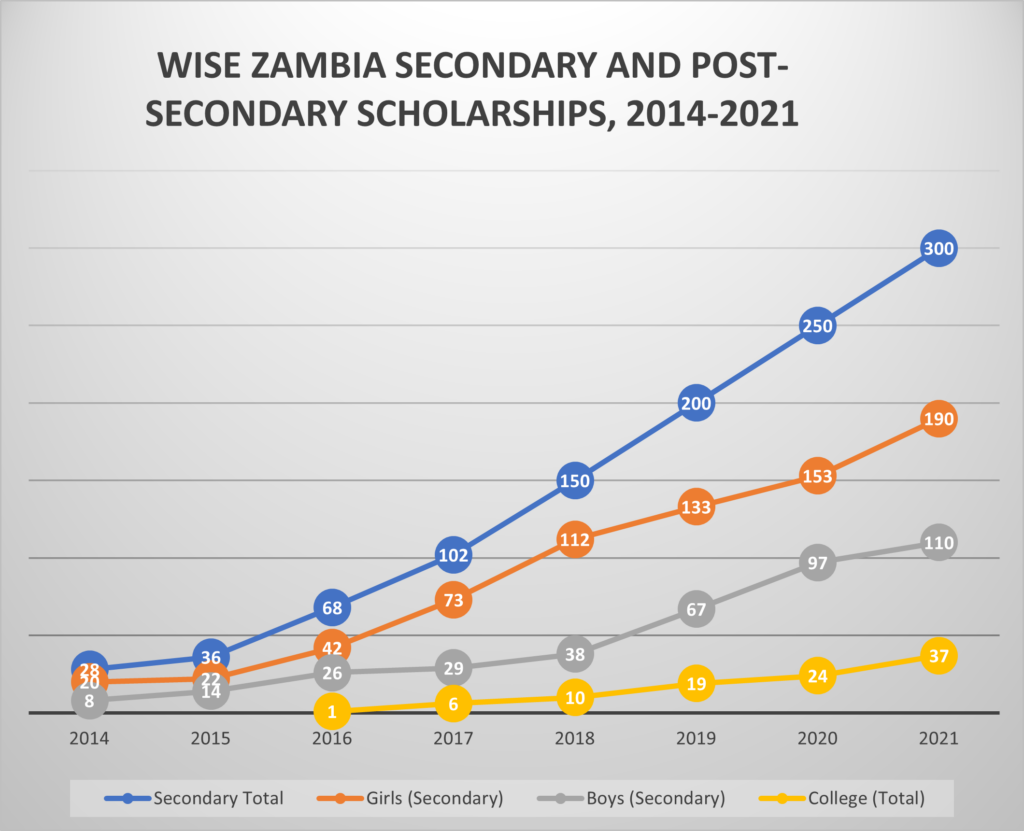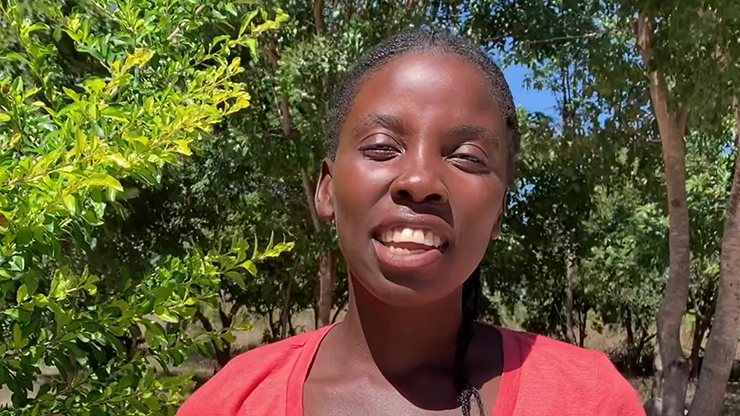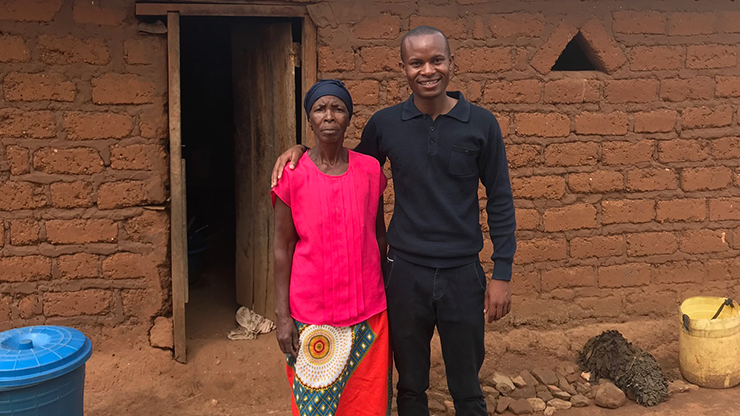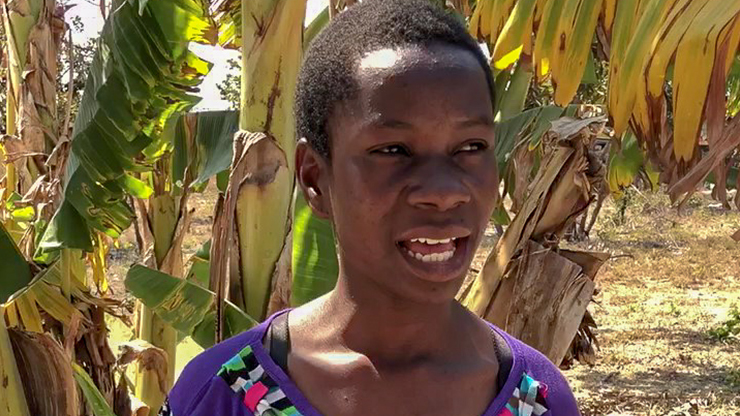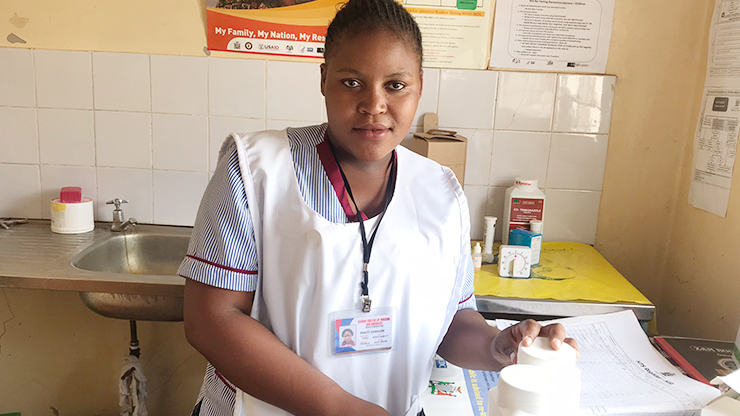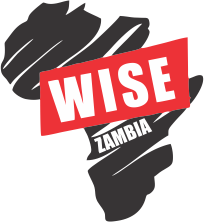Self-Determination: Whether on an individual, family, community, or national level, WISE’s programs are intended to promote true self-determination. It is for that reason that our programs focus on education.
Giving Back: A critical component of our programs, and particularly those involving our scholarship students, is that none of our students develop a sense of entitlement; in fact, we seek the opposite, a sense of gratitude and desire to “give back” or “pay it forward.”
Long-Term Commitment: Long-term change requires long-term commitment, both to communities and individuals. Thus, our students are aware that, upon receiving a scholarship, that WISE will support them through their educational careers.
No Ceilings: A value closely related to long-term commitment, it is our belief that temporal assistance or programs that do not facilitate true economic independence are not truly effective. We work on a “ripple effect” model, believing that enabling our students and clients to achieve economic independence frees them to be part of a stable workforce for Zambia—ensuring the country’s own economic growth—as well as freeing these individuals to provide assistance to their own families and communities.
Cooperation: Programmatic success requires cooperation with all stakeholders, particularly the government, traditional and community leaders, and local educators. Coordinating programs with relevant government agencies, as well as traditional and community leaders, maximizes the likelihood of programmatic success.
Cross-Pollination: WISE attempts to structure its programs in a manner to obtain maximum benefits for a wide range of constituents. For example, WISE’s agricultural conservation training program began with the families of WISE’s scholarship students; thus, the first training program not only assisted subsistence level families, but had the added benefit of providing additional support for WISE’s scholarship students.
